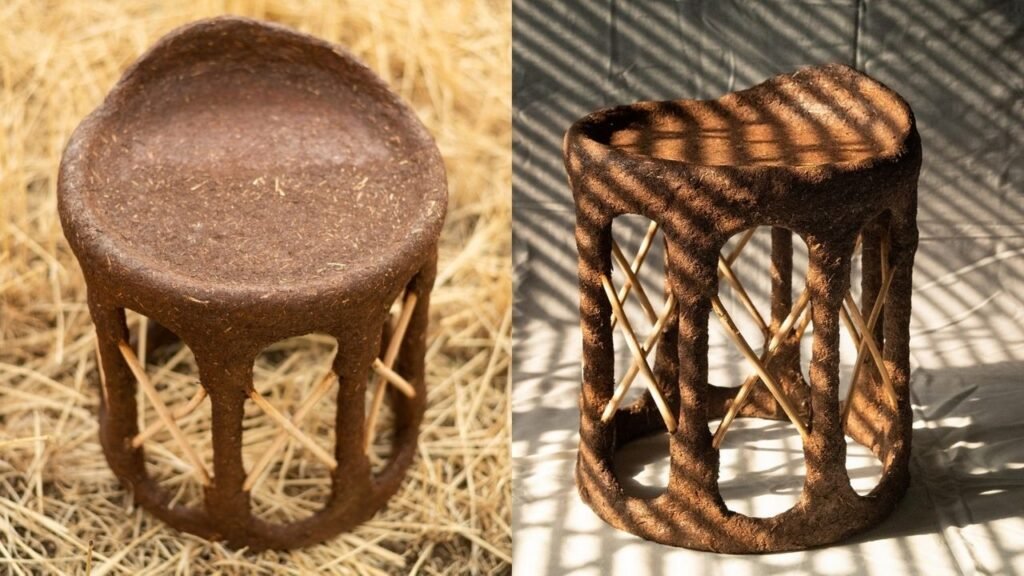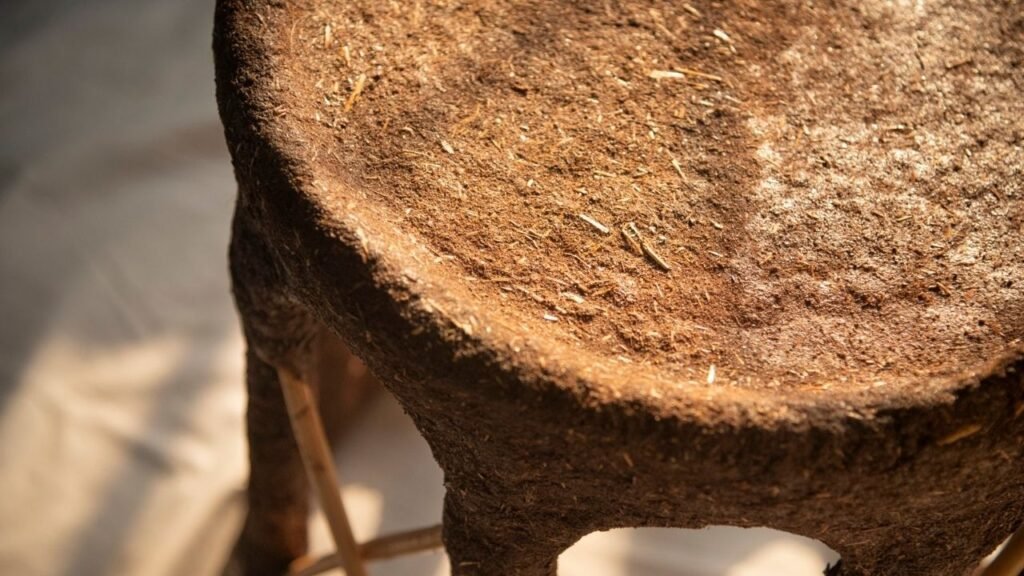This Organic Waste Stool Can Be Shown, Re-Molded Or Just Returned As Soil To The Earth.
Then it’s obvious. Organic furnishings are made from raw materials which have been cultivated without pesticides or other harmful chemical substances. Organic products use fewer resources to manufacture and therefore are more environmentally friendly than non-organic products.
So, what does all that mean exactly? The ideal furnishings will be made of local materials harvested or recycled, built with minimal and non-toxic glues and diets, from a local store or retailer.
In a perfect world we don’t live, so we’ve got some sacrifices to make. Much of the furniture bamboo is manufactured in China, for example, which means energy is expended for its transportation to the United States. Furniture made of recycled materials could also be furnished, but assembled and localised. The key is that when you buy a “green” sofa or “sustainable” chair, you should exactly know what you receive. You have to sacrifice sometimes, and you have to be aware of it. As there is no “green” product certification at this moment, each piece announced is subject to varying sustainability aspects.

It’s not all that hard to live an environmentally friendly life if you think about it. You simply have to make the right decisions now. Consider the Mrittika, a creative product made of the most basic natural materials and of low carbon footprint, by designer Sneha Jajoo which is not just beautiful, it is durable. This is all there is for it – a simple, eco-friendly buy that will last for a long time.
The Chronicles of Design
“I designed this stool with the simple idea to modify and then add materials to an easily accessible object,” Jajoo goes on. The stool has been produced by Jajoo in clay, sand and organic waste, such as farm fibres, rice straw and cane, and indoor and outdoor varnish.
The structure is coated in cob to add another layering. Further insight reveals the particles of hay and mud that coat the product. Underneath, criss-cross cane holding and holding the product is used.

“They can make this thing throughout the country, and it doesn’t need any energy, it doesn’t emit any pollution, it’s totally renewable and composting,” Jajoo says. At the end of its existence, it can be removed by the user, or simply returned to earth.
Written By Mahak Jain | Subscribe To Our Telegram Channel To Get Latest Updates And Don’t Forget To Follow Our Social Media Handles Facebook | Instagram | LinkedIn | Twitter. To Get the Latest Updates From Arco Unico



